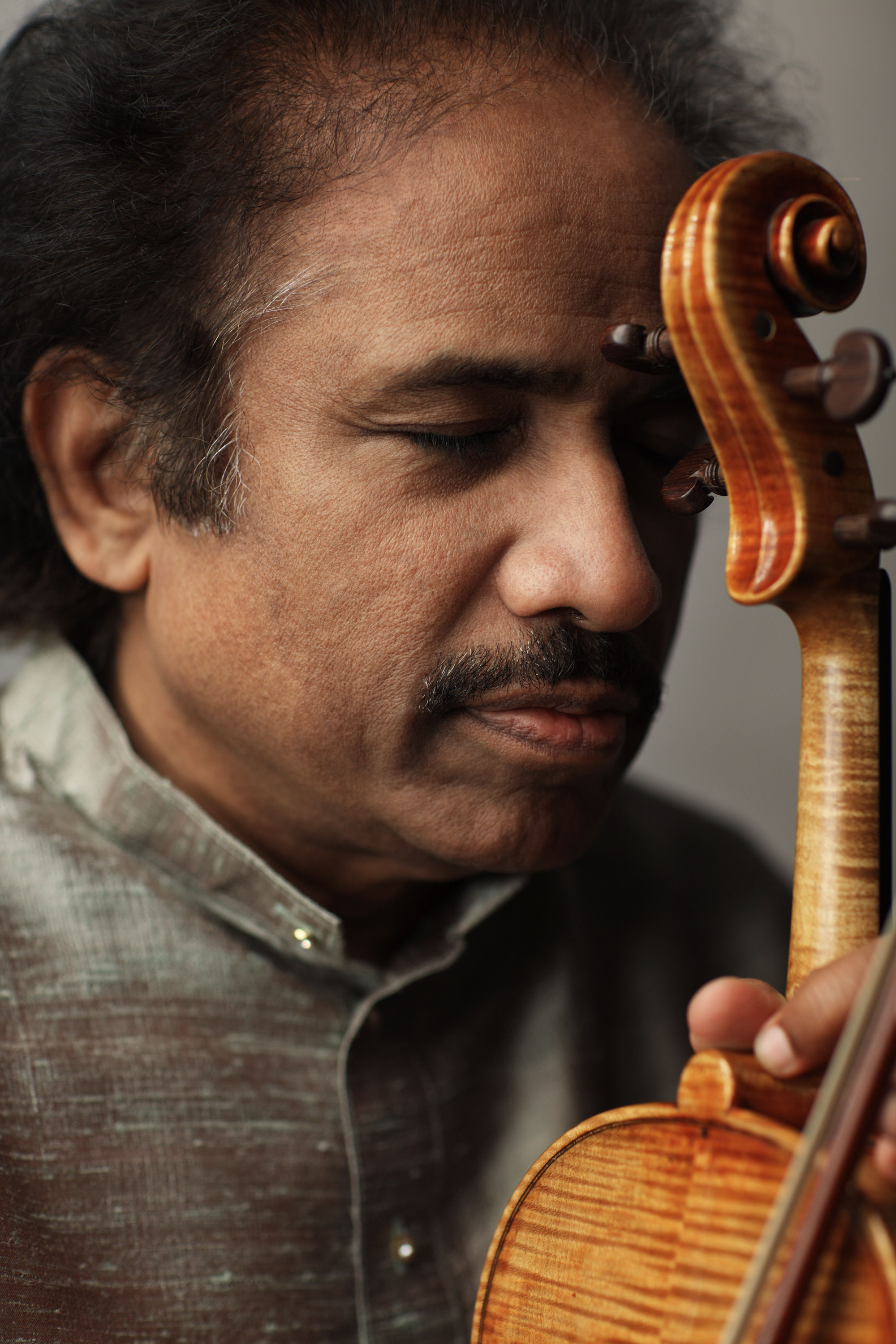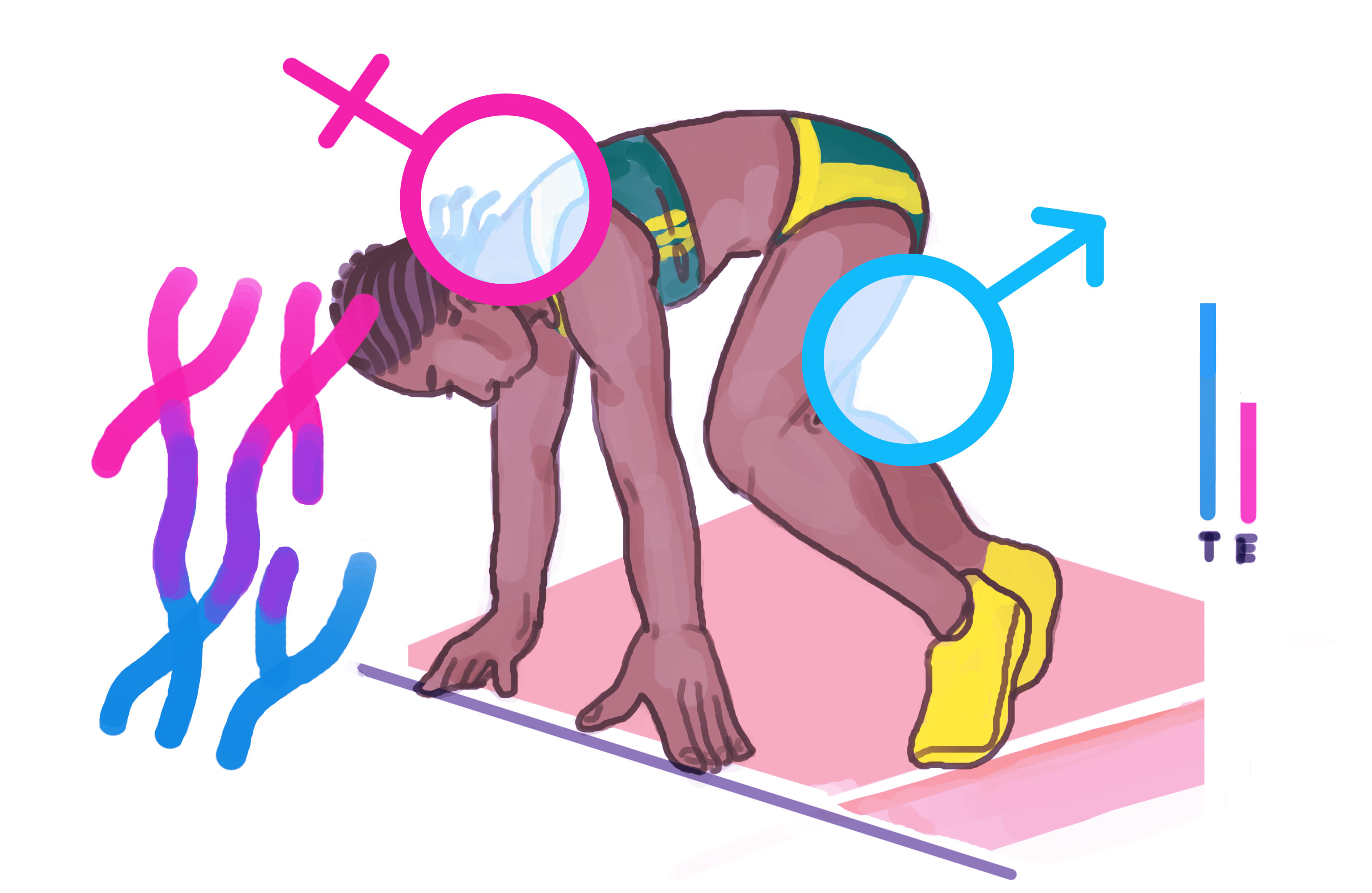
I recently had a chance to catch up with Dr. L. Subramaniam, the legendary violinist and former Grammy nominee to talk about his childhood training, compositions, violin as a solo instrument, and his forthcoming project for India’s 70th Independence Day.
You had a very unexpected debut. Tell us about it.
(Laughs) I was six years old and it was my father’s concert at a temple. In the middle of his concert, he announces that his son would make his debut in a few minutes, all because it was an auspicious day. The organizers were skeptical and I was paranoid; on the one hand, there were thousands of people; on the other, I had to go back home to my guru, my father. After it was over, I still remember people had said “Lord Subramanya himself has performed today.”
You have seen the violin’s evolution in Indian music.
Yes. Earlier, the violin was only an accompanying instrument, never envisioned as a solo instrument. But my father, V Lakshminarayana Iyer, wanted to change that, and he did by altering and introducing many techniques like multiple-plucking. He transformed the role of violin in music. And his dream became my dream, so at the peak of my accompaniment career, I gave it up and switched to playing only solos.
They say one must be master ensemble work to pull solos off. What is your take?
You have to be knowledgeable of the music to do justice to it—whether it is the Chinese Erhu, the Japanese Koto, or the Lute from the Middle-East—and sensitive to what your partner is playing, because when you to respond to their sensitivity, the music goes to a different level. You start pushing one another, expanding limits.
Performing with others does help, but it is when I do solos that reach the pinnacle of my spiritual journey.
Carnatic music is obviously your favorite. What is your next?
I love Western classical music. I love Baroque. It first caught my attention when my father took me to a concert, but I had no idea who or what music it was. It was Jascha Heifitz and he was playing Bach. I was fascinated by the intonation and the precision. Soon after that, I gave up my career as a doctor and came here to study composition and western music full time.
Describe your connection with music.
I’m empty without music; zero without my violin. And one cannot separate music or dance from spirituality. It elevates my spiritual self.
What is your mantra for composing and playing phenomenal music?
I usually don’t decide what I must play in a concert. After the sound check, music takes over and I play my state of mind changes completely. I don’t see where I am or how many people are watching me. I just play what I feel. And I can achieve that because I give utmost importance to technique. Once that is taken care of, I give my life to each note; an inner voice guides me.
Your wife and children too are stalwarts in music. Does the family often have jamming sessions?
We frequently get invited to perform together. Sometimes, over dinner, we start talking music. It keeps us together. To think about it, music has given me everything: all the happiness. In fact, it has also pulled me out of sadness. Words can’t express pain sometimes, but my music does.
What is your composition process like?
It is nature that usually inspires me: the water; the mountains. A melody may evolve into symphony and then into a violin concerto. Otherwise, it is my mood, for instance, I wrote “Fantasy on Vedic Chants” when New York Philharmornic approached me, around the time of my mother passing away. The ritualistic chanting of Vedas happening at home lead to my writing of the piece and the pain of my mother’s death reflected completely in its second half.
And when my father passed away, I wrote a piece called “Beyond” based on the concept of the body’s temporary existence but the soul’s eternity. In that piece, the orchestra was treated as the body and the violin was treated as the soul, so it would weave in and out but never die.
You are slated to compose a piece to celebrate India’s 70th Independence Day next year. Give us a sneak peak.
Honestly, I have not started writing yet. But I do have the idea in place; it is going to be around the four remarkable stages of Indian history: the Vedic, the Mughal, the British, and then post-British, global music. I’m excited!







